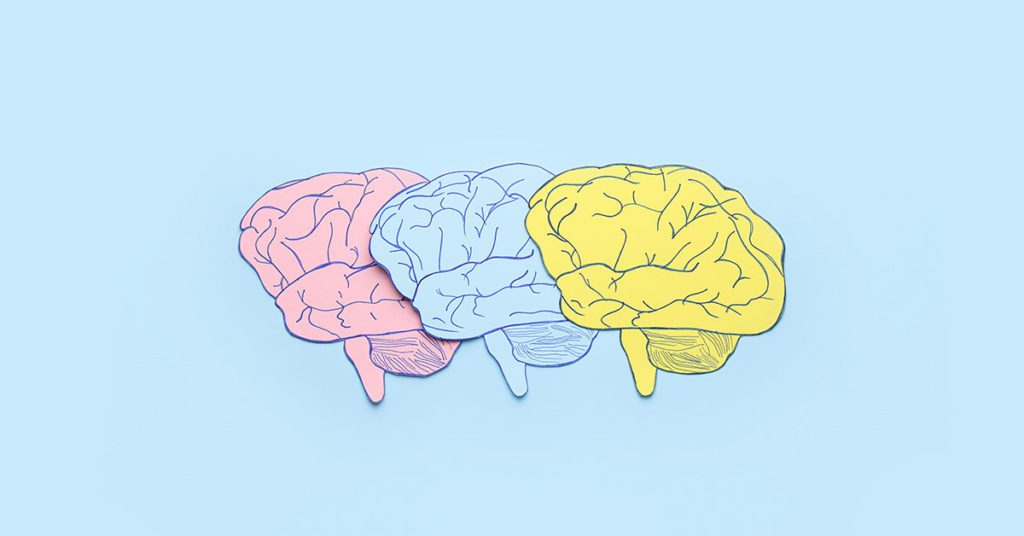


Reducing Discomfort from Inflammation
If you’ve ever scratched an insect bite or coughed from a sore throat, then you know what inflammation feels like. A healthy inflammation response is a part of the body’s natural healing system to fight injury and infection. But sometimes, the immune system becomes overactive, which can cause pain and eventually develop into disease. Small changes can make a big difference in soothing chronic inflammation. Learn healthy habits you can take for reducing discomfort from inflammation, recommended by doctors.
What Is Inflammation?
Inflammation is your body’s response to attack.
If you become injured or infected with pathogens, like viruses, parasites, or bacteria, it activates your immune system. This triggers the inflammatory response.
Your body goes into defense mode and sends protective cells. Blood flow increases and sends white blood cells to engulf and devour pathogens. Blood vessels dilate, allowing more blood to flow. This makes the inflamed area turn red, feel hot, and become swollen.
Inflammation also increases the production of bradykinin and histamine. These hormones irritate the nerves, which causes pain. This pain response helps you heal. When the injured area hurts, you tend to protect that part of the body.
Signs of Acute Inflammation
- Redness
- Swelling
- Heat
- Pain
- Fatigue
- Fever
- Excess fluid (like mucus during a stuffy nose)
Although it can cause discomfort, inflammation usually indicates that your body has done its job. Acute inflammation only lasts for a few days. It helps your body fight infection, heal, and remove damaged tissue cells.
Inflammation can also happen due to non-infectious stress, like poor eating habits or exposure to toxic chemicals. This can lead to chronic inflammation, a prolonged autoimmune response that can last for several months or years.
When the inflammatory response stays continuously active, it can damage your health. It can lead to autoimmune disorders like rheumatoid arthritis or multiple sclerosis. Over time, chronic inflammation can cause serious illnesses, like heart disease, diabetes, and cancer.
Symptoms of Chronic Inflammation
- Body pain
- Chronic fatigue and insomnia
- Mood disorders
- Weight loss or weight gain
- Gastrointestinal conditions, like constipation, diarrhea, and acid reflux
- Persistent infections
Neuroinflammation and Brain Health
Long-term inflammation can have an especially negative impact when it comes to brain health. Neuroinflammation usually protects the brain against infection and injury. But when out of control, it can affect brain cells, leading to cognitive decline and higher risks for age-related diseases, such as Parkinson’s and Alzheimer’s.
Dr. Dale Bredesen is a leading neurologist that specializes in neurodegenerative disease. He spent three decades researching what happens to the brain as we age and identified inflammation as one of the underlying factors that increase the risk of Alzheimer’s.
According to Dr. Bredesen, the neuroinflammation response sends a flood of cells and fluid to help heal and fight infection. A part of this response includes the production of amyloid.
Normally, amyloid protein helps with neural growth and repair. In the case of chronic inflammation, the body continues to produce amyloid. Over time, this can lead to a buildup of brain plaques, a characteristic of Alzheimer’s disease.
How to Reduce Inflammation Symptoms
There are steps we can take to reduce inflammation symptoms and lower the risk of disease. In his book, The End of Alzheimer’s, Dr. Bredesen suggests lifestyle changes that can make a big impact in reducing inflammation in the brain and body.
1. Cut back on trans fat
Processed foods cause inflammation in the body by affecting the bacteria that live in our gut. This triggers an inflammatory response even without an infection. To reduce symptoms of inflammation from poor nutrition, Dr. Bredesen recommends limiting your consumption of processed foods, especially trans fat found in baked goods and fast foods.
2. Reduce sugar intake
Adults in the US consume an average of 77 grams of sugar per day. That’s over 3 times the recommended amount!
Think of sugar like firewood. It provides a source of energy. But, if you add too much wood to the fire, the flames grow out of control. Many people live sedentary, low-activity lives and don’t burn off that excess energy. This causes our bodies to recognize sugar as poison, which causes chronic inflammation. Dr. Bredesen recommends limiting sugar intake to small amounts, about 15 grams per day.
3. Eat anti-inflammatory foods
Just as eating the “wrong” foods can trigger inflammation, so too, does a healthy diet help in reducing discomfort from inflammation. Dr. Bredesen developed KetoFLEX 12/3 as guidelines to alleviate chronic inflammation in the body and the brain. It’s a mildly ketogenic, plant-rich diet combined with intermittent 12-hour fasting (including 3 hours before bed).
Foods to reduce inflammation:
- Non-starchy vegetables and leafy greens
- Animal proteins rich in docosahexaenoic acid (DHA), such as salmon, mussels, oysters, and snow crab Foods with choline, like eggs, liver, and grass-fed beef
- Prebiotic foods such as mushrooms, jicama, and leeks
- Probiotic foods with live active cultures such as sauerkraut, kimchi, sour pickles, miso soup, and kombucha
- Healthy fats, such as olive oil, avocados, nuts, and seeds
4. Add ginkgo leaf extract to your routine
You may have heard of people using Ginkgo biloba to improve memory. Studies have also found ginkgo to be effective in reducing inflammation, particularly in the brain.
Dr. Bredesen recommends taking 120-240 mg of ginkgo leaf extract daily for its anti-inflammatory and neuroprotective benefits, along with other brain-healthy ingredients like phosphatidylserine, gotu kola, turmeric, coffee fruit extract, and propolis.
5. Maintain good dental hygiene
Maintaining good dental hygiene plays a huge role in overall health. Think of the mouth like a gateway to the rest of your body. Any infections in the mouth can impact your entire system. According to Dr. Bredesen, mouth bacteria leak into the bloodstream and cause chronic inflammation throughout the body. Make sure to visit the dentist for your annual cleaning. Develop good hygiene habits, like daily flossing or using a Waterpik to reduce the buildup of plaque—a sticky film composed mainly of bacteria that can cause gum disease.
Small Changes Over Time Help Reduce Inflammation
Although habits can feel hard to break at first, it’s not impossible. Take steps to protect your brain. Eat a well-balanced diet. Maintain healthy daily habits. Supplement your diet with brain healthy herbs. Even small changes can make a big impact over time on how you feel as you age. It will pay off in the long run to reduce symptoms of inflammation and prevent future disease.
- Tags: Immune System, Inflammation


